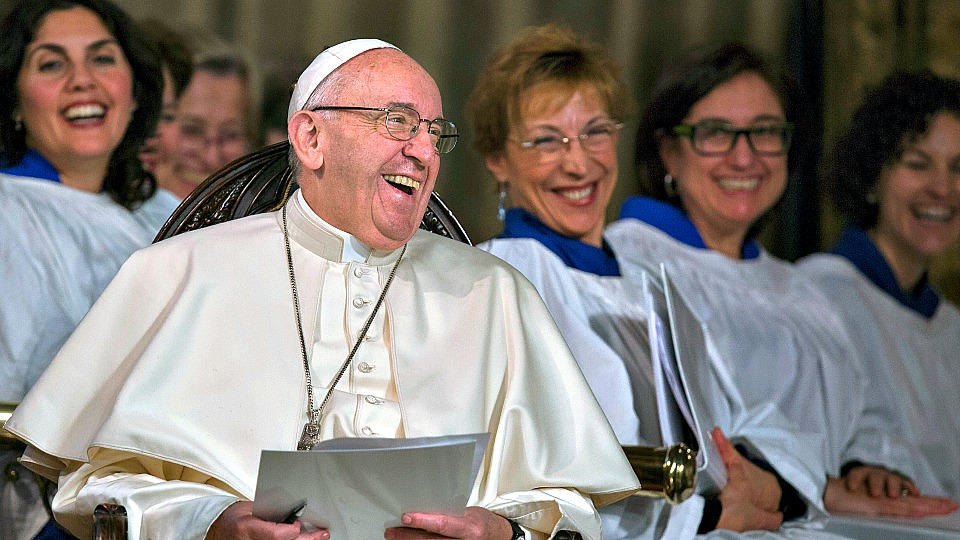Some of those who made the decision to swim away point to the decision of the Church of England to ordain women in 2014 and, in particular, consecrate them as bishops. That is the problem. You have a big job ahead of you trying to keep those who see this action as a break with the catholic past in the same communion as those who say this is just the beginning. It was not and is not simply about women but about the ground and basis of the faith. Is Scripture an infallible voice? Can we see in tradition a consistency and voice to restrain extremes? Is the job of the Church to address societal and worldly ills or to preach the Gospel of the cross and empty tomb? The ordination of women is but the tip of the iceberg.
The problem here was not the Anglican's efforts that fell short but the impossibility of reconciling an orthodox and Christian worldview, liturgy, doctrine, and practice with liberal, progressive, and woke worldviews and agendas. It simply cannot be done. The shock and surprise should not be that some Anglicans are leaving but that Anglicanism continues somehow to claim both orthodoxy and to be modern. That was a fallacy a long time ago and it has been a joke ever since. I loved the old BBC show Yes, Prime Minister, which admitted that a modernist was, in effect, not a Christian anymore.
How strange it is that nowadays politicians want to talk morals and bishops want to talk politics. Indeed. The Church of England may have a few folks who want to talk about sin and forgiveness through the cross of Christ and the resurrection as the first of the many to follow. But the Church of England has many more who want to talk about the whole woke agenda of sexual liberation, gender identity, critical race theory, climate change, income redistribution, and a host of other things that Jesus did not and would not have advocated.
Unfortunately, what is happening in the Church of England is also happening throughout its Anglican sons, daughters, cousins, and friends. Everywhere except Africa, Anglicanism has become the poster church for woke positions. Of course, we Lutherans dare not point the finger from a vantage point of innocence. We have Lutherans all over the page as well and we have Lutheran denominations that gladly stand behind the social and moral agenda of a woke culture while they jettison any remnant of the Biblical, confessional, and liturgical past. Their Lutheranism is heritage and legacy more than it is anything of real substance to affect what is believed, taught, and confessed. The only problem with us is that we seem just as intent upon ditching the liturgy and doing our meager ceremonial as if we were embarrassed by it all or none of it mattered.
The institutional Christianity of the old state churches preserve a legacy of historical buildings and ancient vibrancy but empty of anything creedal, confessional, or catholic. Sadly, the Lutheran Church Missouri Synod is not even an option to those who are leaving. Could it be that we have been trying for so long to hide our catholicity behind closed doors that have come to believe we are merely better dressed Baptists or conservative evangelicals? I wish they would have given us a second look but I also worry if they have not found a home in Rome precisely because the current Papa seems to want to be more Anglican and Protestant than he does Roman.

2 comments:
The Church of England ordained its first "woman deacons" (as opposed to "deaconesses") in 1987, its first woman priests/presbyters in 1994, and its first woman bishops in 2015. So it's not as though this is a sudden "new thing" for them, and for opponents of the ordination of women.
How said that this seems to be the way of all "modern" denominations!
Post a Comment